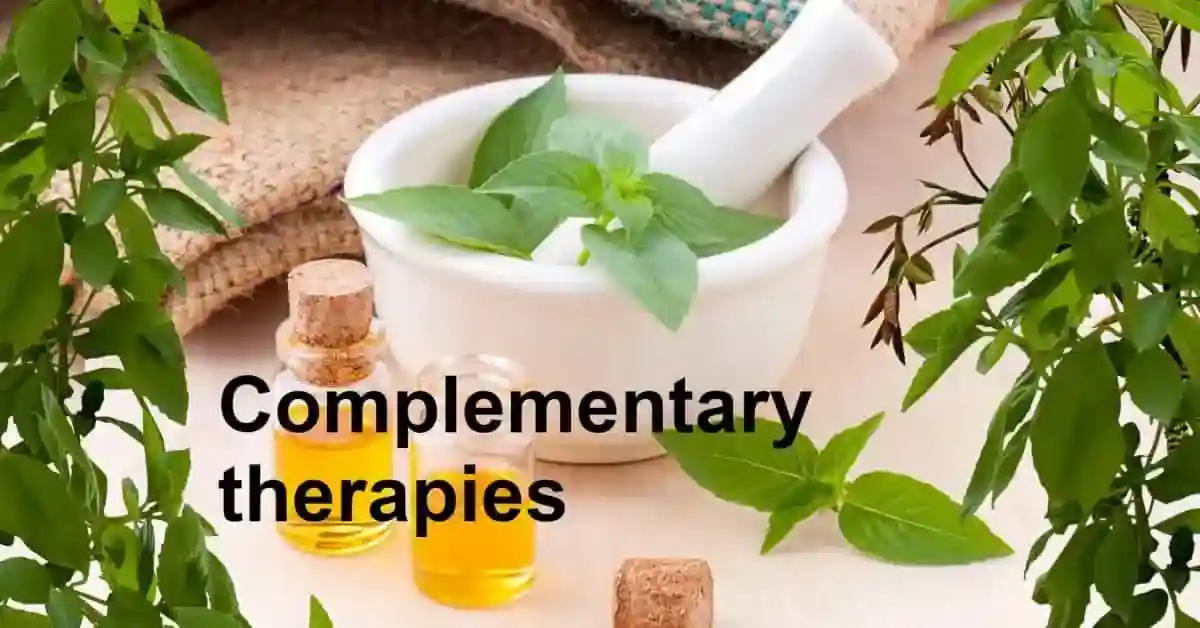
Indole-3-Carbinol
What is Indole-3-Carbinol?
A natural compound present in a wide variety of plant food substances including broccoli, cabbage, cauliflower, and other cruciferous veggies.
Scientific evidence
The authors of this research paper say previous studies have shown that I3C inhibits prostate cancer cell growth and prevent or delay the progression of cancer, through its ability to attack cancer stem cells…
I3C has a widespread effect on multiple cancer cells, such as breast cancer, melanoma, and prostate cancers, according to this study. This demonstrates the I3C plays a significant role in either the cell cycle arrest or apoptosis of various cancers.
This study says: Epidemiological and dietary studies have provided a link between high dietary intake of cruciferous vegetables and lowered cancer risks. Considerable evidence attributes this chemopreventive effect to the antitumor activity of a common phytochemical, indole-3-carbinol, and its metabolic products. These indole derivatives have been shown to suppress the proliferation of various cancer cell lines, including those of breast, colon, prostate, and endometrium, by targeting a wide spectrum of signaling pathways governing hormonal homeostasis, cell cycle progression, and cell proliferation and survival.
This study concluded: These studies prove evidence that the diet-derived indole derivatives, I3C and DIM, exert anticancer effects mediated through the regulation of cell cycle, induction of apoptosis, transcription, cell signal transduction, inhibiting angiogenesis and suppressing cell invasion.This study says: I3C exhibits anti-cancer activities by suppressing breast tumor cell growth and metastatic spread. Metastatic breast cancer is a devastating problem, clinical application of I3C as a potent chemopreventive agent may be helpful in limiting breast cancer invasion and metastasis.This study concluded: The experimental studies as described above suggest that I3C and DIM, the components of cruciferous vegetables, have therapeutic potential both for prevention and for treatment of cancer.
Where can I get this treatment and more information?
Food sources: vegetables such as cabbage, brussels sprouts, cauliflower, radishes, and broccoli
Also available as a Supplement
Updated 2024

